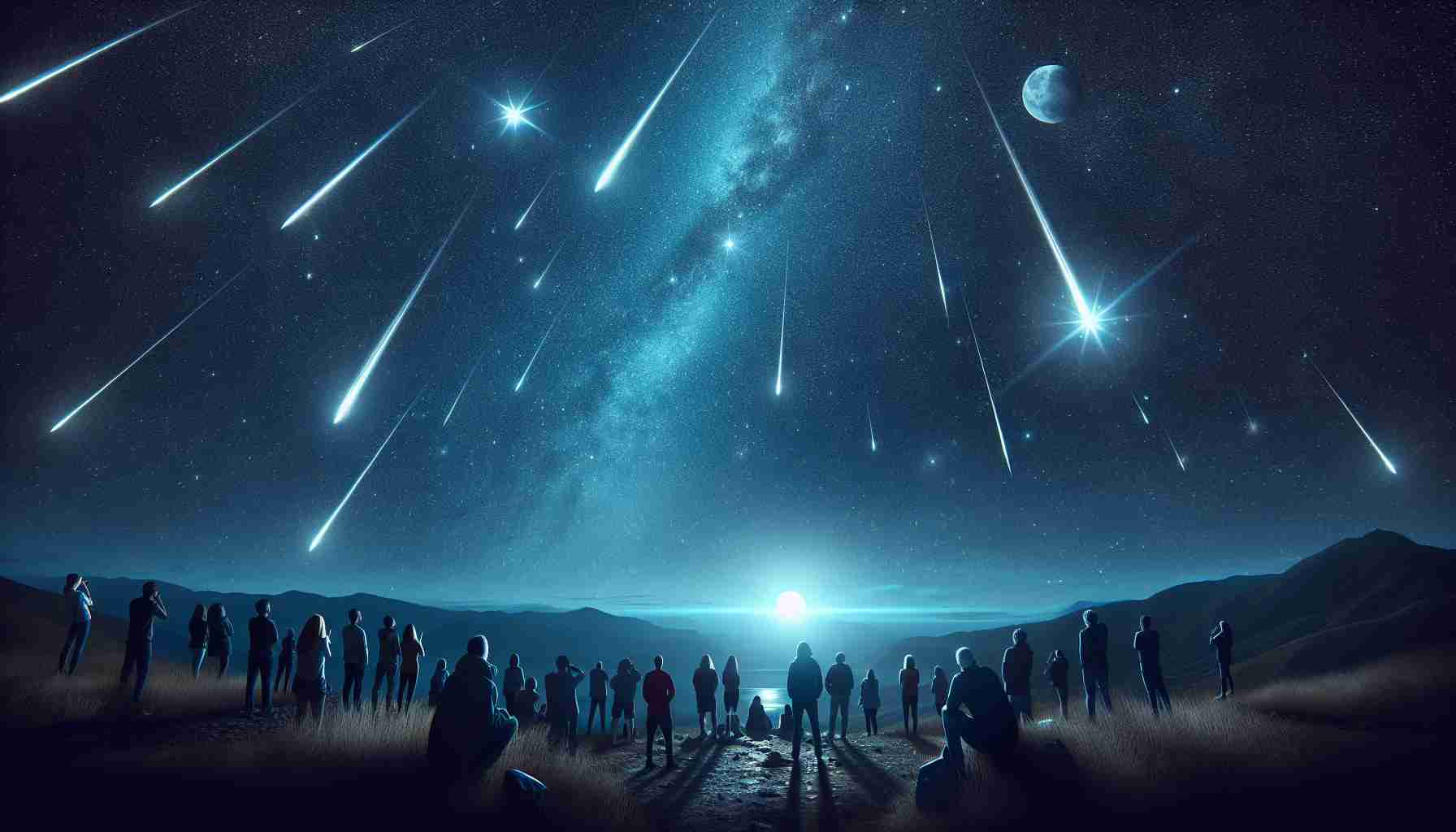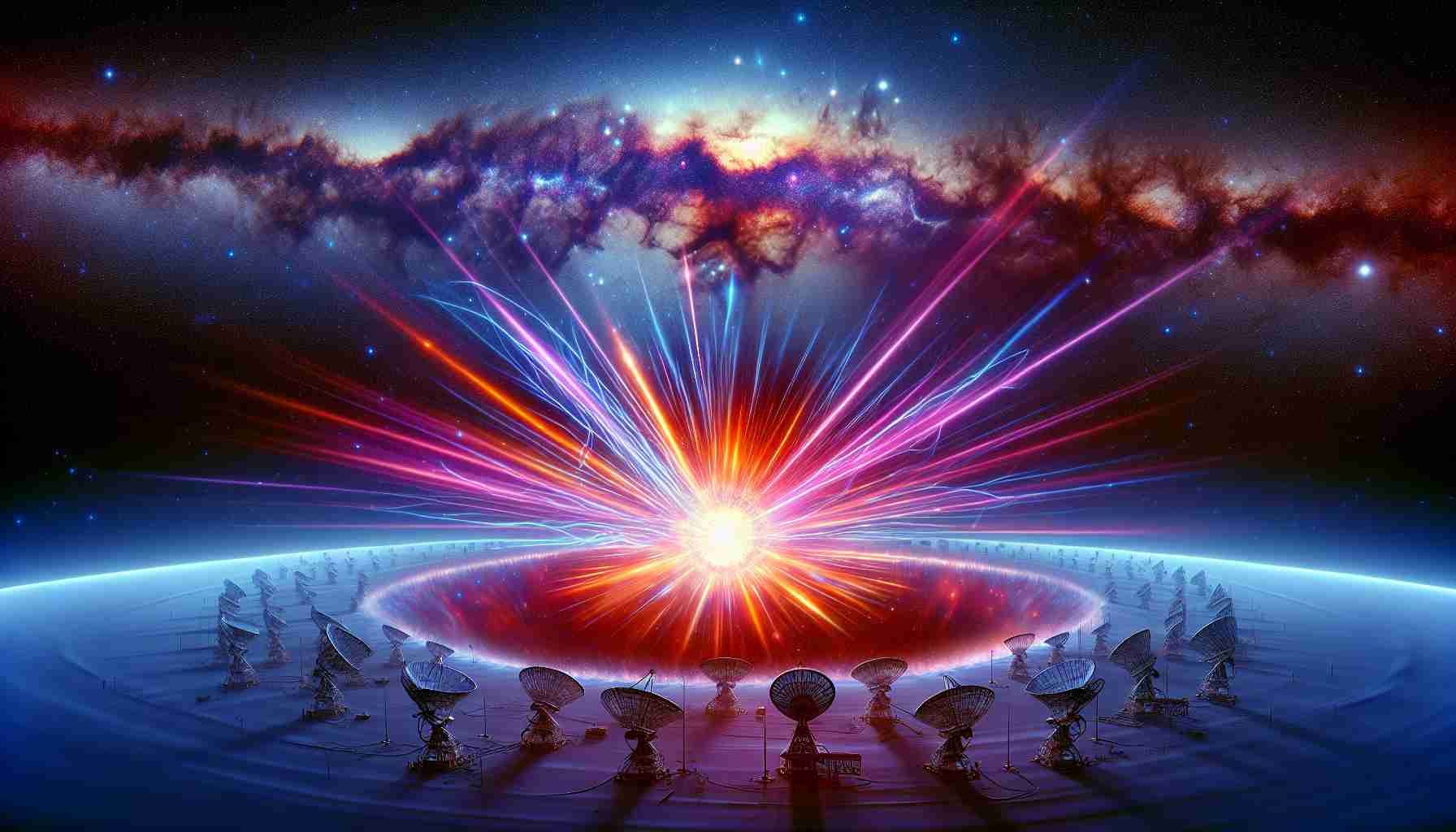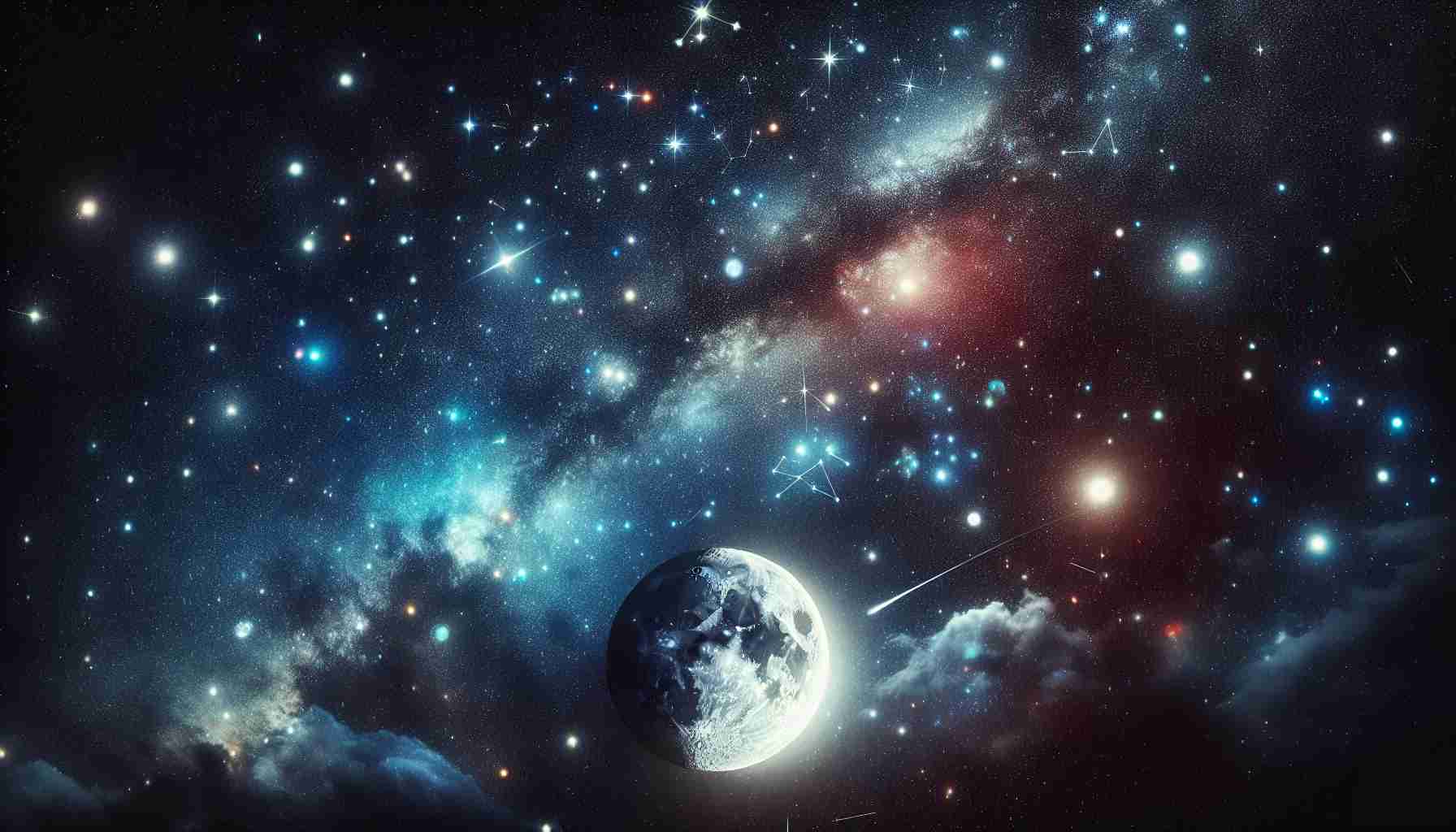Don’t Miss the Geminid Meteor Shower This December! Catch the Best Show in the Night Sky!
The Magic of the Geminid Meteor Shower Awaits You!
The highly anticipated **Geminid meteor shower** is back, and this year’s display promises to be a spectacle, despite the challenge posed by the nearly full moon. **Stargazers** worldwide are gearing up for this event, traditionally celebrated for its vibrant meteors and stunning visual displays as it peaks in mid-December.
Although the moonlight may dim some of the meteor visibility, serious observers can still enjoy remarkable sights with proper planning and a lucky break. **The Geminids**, originating from the asteroid 3200 Phaethon, are set apart from other meteor showers. Their unique composition results in a captivating yellowish hue and a slower speed, which offers a longer viewing experience.
This year’s peak is projected to yield **up to 120 meteors per hour**. To enhance your viewing experience, it’s crucial to choose the right location and timing. Seeking out dark areas away from city lights will significantly improve your chances of spotting these celestial wonders.
For best results, pay attention to local peak times in major cities. For instance, **San Francisco**’s ideal viewing is after moonset, while **New York** will provide a magical display just before dawn.
Remember, patience is essential! Lie back, take in the expansive sky, and enjoy the stunning trails of light created by the Geminid meteor shower.
Experience the Spectacular Geminid Meteor Shower: Tips and Insights!
The **Geminid meteor shower**, renowned for its brilliant celestial display, is a highlight for astronomy enthusiasts and casual stargazers alike. This annual event is expected to peak around mid-December, delivering a breathtaking experience with up to **120 meteors per hour**. While the nearly full moon may pose a challenge in visibility, with proper preparation, viewers can maximize their chances of witnessing this astronomical phenomenon.
### How to Watch the Geminid Meteor Shower
To get the most out of the Geminids, here are some actionable tips:
1. **Choose the Right Location**: Search for locations with minimal light pollution. Ideal spots are often far from urban centers. National parks or elevated areas away from city lights provide an excellent vantage point.
2. **Timing is Key**:
– **San Francisco**: Optimal viewing occurs after moonset.
– **New York**: Look out for the meteors just before dawn when the sky is darkest.
3. **Prepare for Comfort**: Bring a recliner or blanket to lie back comfortably. This helps you relax while watching the sky.
4. **Avoid Distractions**: Minimize screen usage; let your eyes adjust to the darkness. This will enhance your ability to see the meteors.
### Pros and Cons of Meteor Watching
– **Pros**:
– **Free Entertainment**: Watching a meteor shower is a cost-free way to enjoy the outdoors and connect with nature.
– **Unique Experience**: The Geminids are known for their stunning fireball meteors, which often create longer-lasting streaks in the sky.
– **Cons**:
– **Weather Dependent**: Cloud cover or inclement weather can diminish visibility.
– **Moonlight Interference**: A bright moon can wash out fainter meteors, making them harder to spot.
### FAQs About Geminid Meteor Shower
**Q: When does the Geminid meteor shower peak?**
A: The peak typically occurs around December 13-14 each year, with activity that may last several days.
**Q: What causes the Geminid meteor shower?**
A: The meteors are caused by debris from the asteroid 3200 Phaethon, which collides with Earth’s atmosphere.
**Q: How can I improve my chances of seeing meteors?**
A: Find a dark location, allow your eyes to adjust to the dark, and be patient. Best viewing times vary depending on your location, so check local forecasts.
### Innovations and Trends in Meteor Watching
With advances in technology, astronomy enthusiasts can now utilize apps and online platforms to track meteor showers and get real-time updates about celestial events. Applications such as “SkyView” or “Star Walk” help locate constellations and can alert you when the meteor shower is visible in your area.
### Conclusion
The Geminid meteor shower is not just a feast for the eyes, but a fantastic opportunity to bond with friends or family under the stars. This year, despite the potential challenges posed by moonlight, dedicated stargazers will still be able to enjoy one of nature’s captivating displays. So get ready, make your observations, and experience the magic of the cosmos!
For more information about stargazing events and tips, visit NASA.














